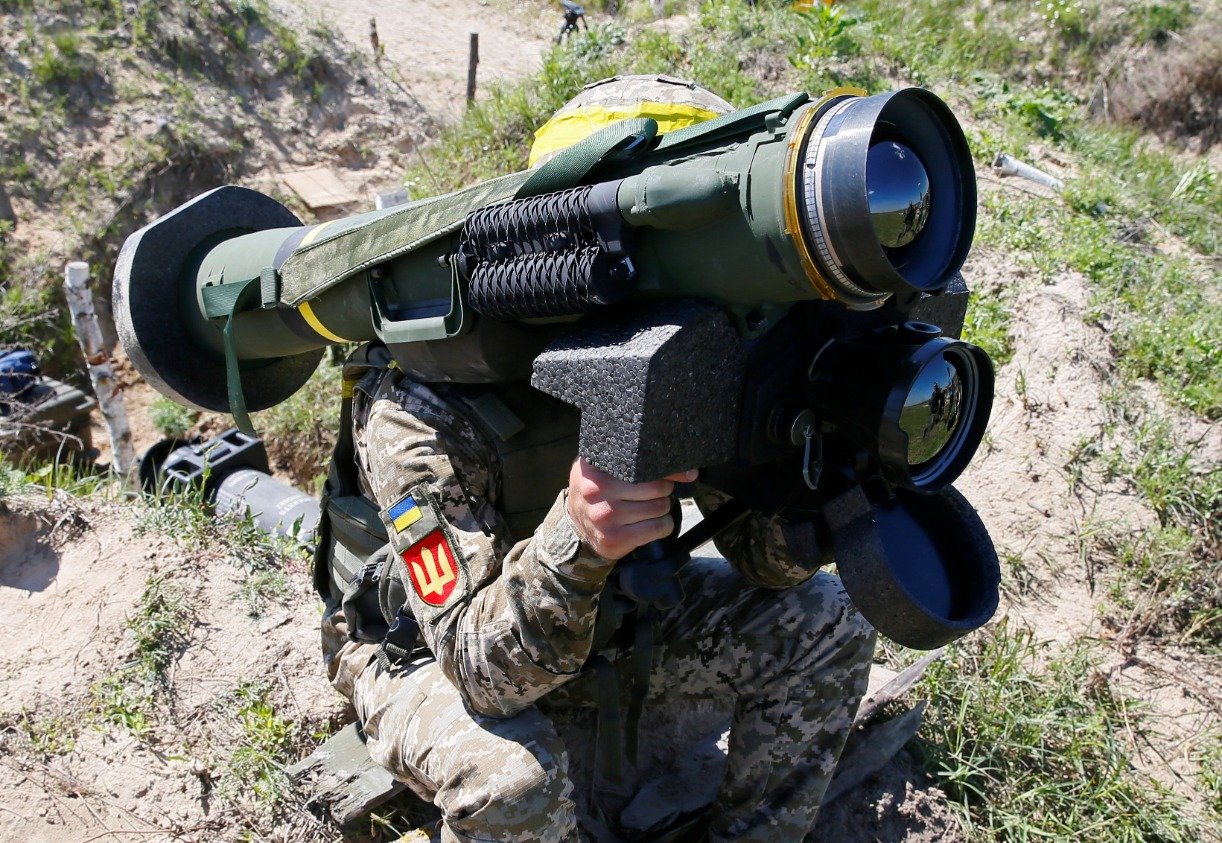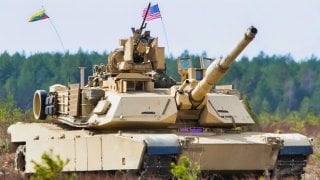America Is Forcing the War in Ukraine to Escalate
By inadequately supporting Kyiv’s fight at home, the United States is provoking Zelenskyy to spread the conflict abroad, through ever riskier gambles. What seemed like prudent restraint on Washington’s part may turn out in the end to have been more dangerous than forthright assistance.
The Ukrainian army’s incursion into Russia’s Kursk region on August 6 aimed to shock. The goal was always psychological rather than territorial. In seizing land they had never claimed and had no desire to keep, President Volodymyr Zelenskyy and his generals surprised almost everybody, both outside and inside the country.

Amid a grinding struggle to halt Russian advances in Donbas, the Kursk attack was a daring bid to change the subject. Kyiv hoped to grab land and prisoners that could later be traded while forcing Moscow to divert troops.
But the real target was the enemy’s morale. By showing Russians that Ukraine could bring war to them, Zelenskyy sought to puncture the complacency of both ordinary Putin supporters and pro-war elites.
How Has it Gone?
Assessing attitudes in a war zone is tough, but early indications suggest the psychological effect has been limited. Fewer Russians think their country is heading in the right direction, 67 percent in August compared to 72 percent in July, according to the respected Levada Center, more than 90 percent express concern about the Kursk situation.
Still, only 9 percent of those respondents worried the fighting could touch them directly. Further, resolve may have hardened.
After the incursion, support for the actions of Russia’s armed forces rose from 75 percent to 78 percent and support for peace negotiations dropped from 58 percent to 50 percent.
Eighty-five percent still express approval of President Vladimir Putin, although, given recent repression, few may feel free to say otherwise.
Most citizens, writes the pollster Denis Volkov, have, “managed to digest this shock.” To Russians, skilled at denial, the distant fighting has become normalized. The war was only fourth among the major concerns respondents reported, after rising prices, corruption, and migration.
In the Kremlin, the mood seems even more sanguine. In Kursk “the enemy weakened itself,” Putin said on September 5. Rather than diverting troops, his generals have worked even harder to exploit weak spots along Ukraine’s overstretched lines. Advances in the Donbas continue as Russian troops close in on Pokrovsk.
This leaves the Ukrainian forces hanging on in territories they never actually wanted. Putin seems happy to let them stay until he is ready to bomb them and everything near them into oblivion. His practice in Chechnya suggests he will not hesitate on account of local Russian civilians.
Even if it did not completely work this time, attacking the enemy’s psychology is a reasonable objective. The great military thinker Carl von Clausewitz emphasized the importance of not just material forces but also what he called the “moral quantities.”
“Everyone knows the moral effect of a surprise, of an attack in flank or rear,” he wrote. Such blows could cause “confusion and broken courage” among enemy troops. Still, surprise could be overrated. History, he noted, showed, “very few instances where anything great has resulted from such surprises.”
Surprise Helps Win Battles, Not Wars
Ukraine’s commander, General Oleksandr Syrskyi, undoubtedly knows this. But he had only unattractive options. Fearing to provoke Putin into attacking NATO or going nuclear, Washington and its allies have provided Kyiv with advanced weapons only in inadequate quantities, with delays, and with restrictions. Not only were these not enough to win, they were not enough to defend the current front lines.
Kursk may prove a turning point. Facing an adversary with more arms, ammunition, and recruits, Kyiv had to shift focus. Unable to prevail in Donbas or Zaporizhia, Zelenskyy may increasingly target Russia’s psychological weak points, hitting Moscow and other central regions with drone and missile barrages. By spreading the pain to ever more Russian civilians, Ukraine may hope to destabilize the current equilibrium of brutality and denial.
There is an irony here for Washington. Such escalation onto Russian territory was exactly what two years of U.S. delays and restrictions were meant to avoid. By inadequately supporting Kyiv’s fight at home, the United States is provoking Zelenskyy to spread the conflict abroad, through ever riskier gambles. What seemed like prudent restraint on Washington’s part may turn out in the end to have been more dangerous than forthright assistance.
About the Author
Daniel Treisman is a Professor of Political Science at the University of California, Los Angeles, and Co-Director of UCLA’s Center for European and Russian Studies.
Image Credit: Creative Commons and/or Shutterstock.


